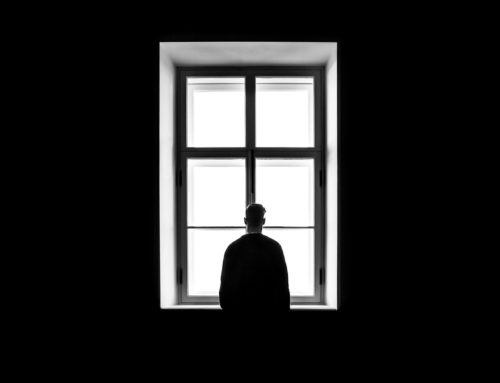Quite often in our meditation group we discuss the nature of love; how it manifests in our lives and relationships, how it is seen spiritually, and how society defines the various qualities of this complex word.
Love, defined as “Feelings of strong affection” (Wikipedia) help us play out the evolutionary actions which connect us as social beings; wanting to be close to the person we love, sharing space and time together, letting go of negative judgment, wanting to give things or be of service to the person, et cetera. I often think of love as that thread that connects us all, not just we humans.
The Greeks had at least six names for different qualities of love, which can be helpful. there is Philia (affectionate regard usually between equals, loyalty to friends), Eros (the intimate love of sexual passion or of beauty), Agape (the love of humankind for God and vice versa- also used in Christianity- or feelings of unconditional love towards family), Storge (love for one’s children, leader, country- empathy), Pragma (what spouses might demonstrate during a lengthy marriage) and Philautia (love for one’s own self). Of all these, I would say that clients I see have the most problem with self-love or self-acceptance, as often this seems to be at the root of how people develop depression. This society has chronically low self-esteem levels, especially in the younger population.
The philosophy of Dialectical Behavior Therapy( DBT) states that a people are essentially good and worthy human beings, trying be and do the best they can ( Acceptance). AND people may need to improve on their behaviors or attitudes to make them more effective in the world (needing Change). Skillful use of psychological insights can improve this efficacy, and the premise is that if we become more skillful, then we become more confident, and then therefore more self-accepting. Since we are both “being” and “doing” creatures, it is essential that we can have self-acceptance or love of ourselves and others in either state.
This also means looking at our expectations of others in relationship. Most couples I see, feel that they are not getting enough love or acceptance from their spouse, or feel undervalued, and therefore don’t feel good about themselves. What I point out is that it is not the spouse’s duty to make the other happy ( although looking out for each other’s welfare is part of coupling); therapy says to look within at one’s own tendency to judge and criticize oneself. (inner and outer psychological attitudes mirror each other)This is hard work, as blaming the other ( whether a partner or a politician) is so much easier than developing insight into one’s own tendencies!
The practice of Mindfulness where one can notice one’s tendency to self-judge, can help to soften those chronic feelings of non-acceptance and how these are projected onto those around us. Look for my Mindfulness trainings (in the “Events” area), or come explore the difference between unconditional love and toxic love, which can be very harmful.






Leave A Comment